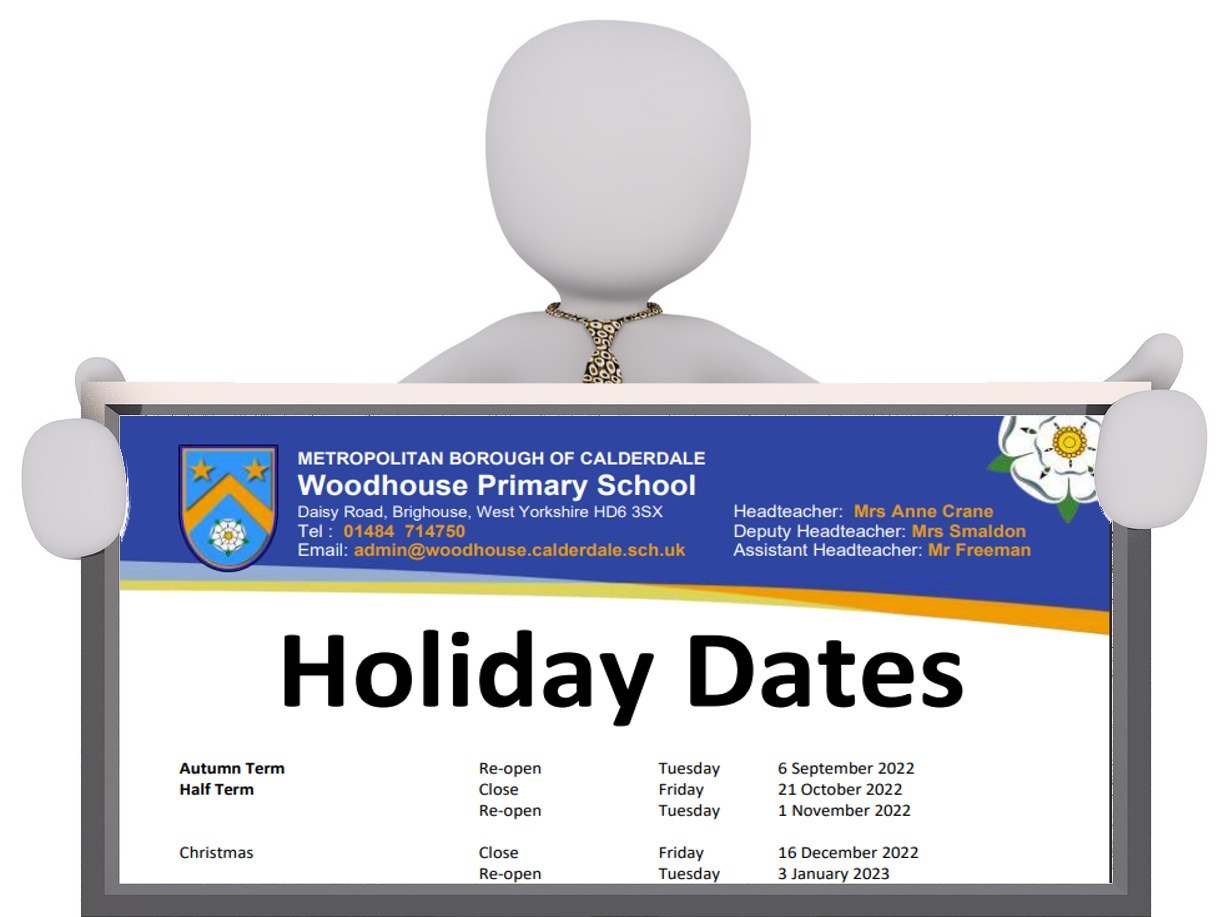Online Safety
At Woodhouse, safeguarding our pupils remains highly important and the introduction of home learning and remote teaching brings with it greater challenges. Children will increasingly be using social networks to reach out to others and with that there will be an increased risk to fake news and online harms including grooming, radicalisation, exploitation, and bullying. All these issues could impact on their mental health and well-being. This is a time when many young people will be vulnerable and unfortunately, the potential for exploitation will be at its highest.
The UK Safer internet Centre has identified the following online risk categories;
- Behaviour: sharing too much information
- Content: age-inappropriate or unreliable content or fake news
- Contact: strangers, bullies, groomers or radicalisers can contact children
- Commercialism and financial exploitation: hidden costs of advertising in apps, games and websites
- Extremism and radicalisation
Anti-Bullying Policy - March 2024
Esafety Policy Nov 2024
Loneliness poster
Pokemon Go safety tips
Youtube Kids Poster
Apple Guided Access
Twitch e-safety guide
YouTube E-safety guide
Group chats guide
WhatsApp E-safety guide
Back to school - Online Safety Tips for Children
Android Parental Controls
Iphone Parental Controls
Summer E-safety guide
Snapchat
Netflix
April 2024 Online Safety Newsletter
January 2024 Online Safety Newsletter
March 2024 Online Safety Newsletter
February 2024 Online Safety Newsletter
May 2024 Online Safety Newsletter
Setting Boundaries Around Gaming
October 2024 Online Safety Newsletter
November 2024 Online Safety Newsletter
December 2024 Online Safety Newsletter
January 2025 Online Safety Newsletter
February 2025 Online Safety Newsletter
March 2025 Online Safety Newsletter
April 2025 Online Safety Newsletter
Online Safety Newsletters
April 2024 Online Safety Newsletter
January 2024 Online Safety Newsletter
March 2024 Online Safety Newsletter
February 2024 Online Safety Newsletter
May 2024 Online Safety Newsletter
October 2024 Online Safety Newsletter
November 2024 Online Safety Newsletter
December 2024 Online Safety Newsletter
January 2025 Online Safety Newsletter
February 2025 Online Safety Newsletter
March 2025 Online Safety Newsletter
Parents
Please be aware that there is the potential increase of fake/poor quality organisations offering online learning to families with young people.
Continue to talk to your children about their online activity. The following websites offer a wealth of information and advice about keeping children safe online
Thinkuknow?
Thinkuknow is the education programme from the National Crime Agency's CEOP command. Thinkuknow aims to empowers children and young people aged 5-17 to identify the risks they may face online and know where they can go for support.
Offers resources for pupils, parents and professionals.
Appropriate for: All
Visit Website
NSPCC NetAware
provides a useful guide to social networks, apps and guide.
Visit Website
Pupils
Remember how to access online activities safely and look after yourselves and others. Have a look at these websites:
Thinkuknow?
Thinkuknow is the education programme from the National Crime Agency's CEOP command. Thinkuknow aims to empowers children and young people aged 5-17 to identify the risks they may face online and know where they can go for support.
Offers resources for pupils, parents and professionals.
Appropriate for: All
Visit Website
Childline
Childline is a free 24-hour counselling service for children and young people up to their 19th birthday in the United Kingdom provided by the NSPCC. Childline deals with any issue which causes distress or concern, common issues dealt with include child abuse, bullying, mental illness, parental separation or divorce, and other issues.
Visit Website
